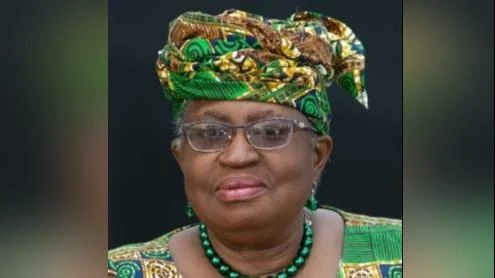In the first TESSD meeting after MC13 in April, the TESSD co-convenors, Canada and Costa Rica, welcomed Argentina as the 77th co-sponsor of TESSD. They also commended members on the four outcome documents and updated Work Plan presented at MC13. They encouraged members to further strengthen synergies among the four informal TESSD working groups—covering environmental goods and services, subsidies, circular economy, and trade-related climate measures—and aim to reach concrete results by MC14.
Members discussed the way forward and implementation of the updated Work Plan. The Working Group on Environmental Goods and Services will continue its work on renewable energy and add sectors and technologies for climate change adaptation. It will further develop the analytical summary as an outcome document and deepen work on a non-binding list of environmental goods and services.
The Working Group on Subsidies will continue its work on the potential environmental effects and trade impacts of subsidies, as well as on experiences and considerations regarding subsidy design, with a focus on identifying best practices and recommendations on how to enhance transparency and data availability.
The Working Group on Circular Economy–Circularity will keep a holistic view along the lifecycle of products from circular design (upstream) to recycling (downstream), focusing on where trade can have most impact. It will pursue sector-specific discussions and prioritize work on trade aspects of circular economy such as transparency, standards and regulations, trade facilitation, waste management, capacity building and technical assistance, and technology.
In the Working Group on Trade-related Climate Measures (TrCMs), members will share experiences and discuss how trade can be used to achieve specific climate objectives pertaining to the clean energy transition, climate change adaptation, decarbonization of industry, transport including carbon measurement methodologies, and standards.
During the first two meetings of the year, members also engaged in substantive work benefiting from several stakeholder presentations.
The Working Group on Environmental Goods and Services continued its work focusing on marine renewable energy in April; geothermal energy was discussed in June along with regulatory cooperation quality infrastructure. Discussions started in June regarding climate change adaptation with an initial focus on technologies for water supply management.
In April's session focused discussions occurred within The Working Group Subsidies related to biofuels sustainable aviation fuels followed by rich experience sharing discussing green industrial subsidies come June's session
A joint session involving all four working groups was held for cross-cutting discussion about buildings construction decarbonization during June's meeting Circular Economy-Circularity looked into how policy toolkits support waste reduction reuse materials Trade-Related Climate Measures explored carbon measurements cement
Guided by their 2021 Ministerial Statement TESSD seeks complement WTO Committee Environment advance intersection identifying concrete actions taken individually collectively initiative open all WTO currently sponsored 77 representing regions levels development

